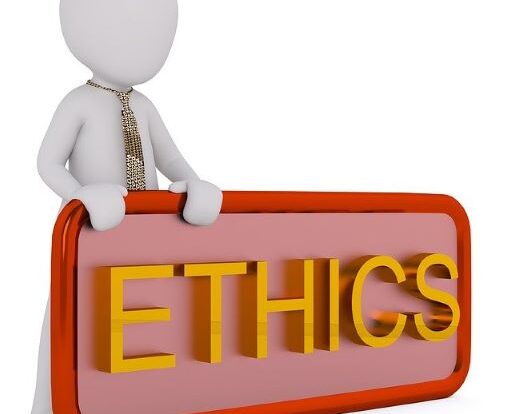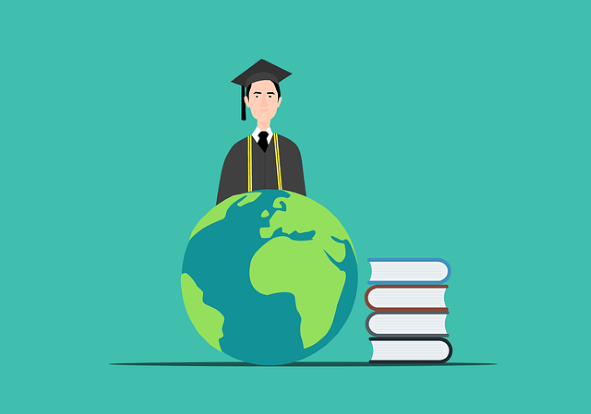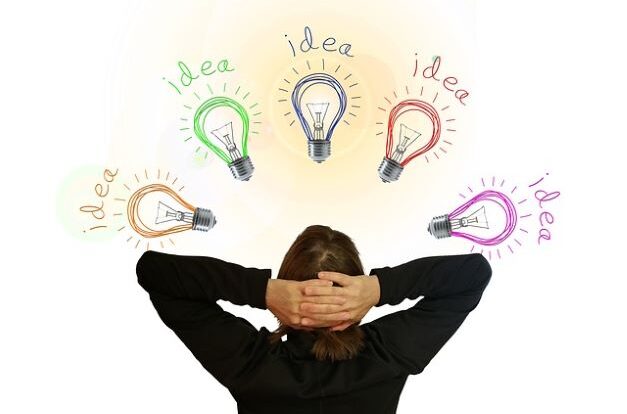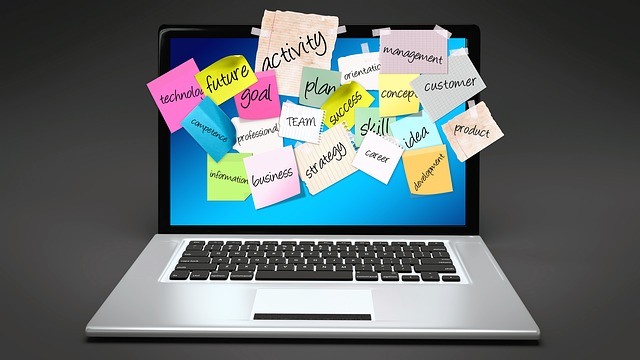
Our current education system is built with reference to the objectives of the education program not the participants. Goals, materials, and methods of education are determined based on what is desired and considered necessary to be known and learned by students uniformly, regardless of the diversity of needs, interests, abilities, and learning power of each learner. Every child is different and because what learners learn is not all a necessity that learners want to learn, the material becomes difficult for most learners to digest.
Meanwhile, the era of globalization and the development of information technology has led to very rapid changes in all fields. The boundaries of territory, language and culture are getting thinner, as well as easier access to information causing the knowledge and expertise obtained by a person to become obsolete quickly. Competition that is getting sharper due to globalization and economic conditions that experience many difficulties, especially in Indonesia, require creative human resources, have an entrepreneurial spirit and leadership. Education that emphasizes only the process of transferring knowledge is no longer relevant, because it will only produce human resources who master the science of the past, without being able to adapt it to the needs of the present and the future.
The International Commission on Education for the 21st Century in its report to UNESCO, stated that in the development of lifelong learning must be based on 4 pillars, namely learning to know, learning to do, learning to live together, and learning to be a person.
Learning to know is combining the opportunity to acquire a fairly broad general knowledge with the opportunity to work on a number of smaller subjects in more depth. In this pillar, the opportunity to develop attitudes and ways to learn to learn is more important than just obtaining information. Student is not only prepared to be able to answer problems in the short term, but also to encourage them to understand developing intellectual curiosity, stimulating critical thoughts, and developing the ability to make decisions independently, in order to be a provision throughout life. This type of learning can be done through opportunities to discuss, conduct experiments in the laboratory, attend scientific meetings, and extracurricular or organizational activities.
Learning to do, means giving opportunities for students to not only gain work ability but also acquire competencies to face various situations, work in teams, collaborate and deal with and solve problems and disputes. Included in this understanding is the opportunity to gain experience in socializing and working outside the curriculum such as work internships, community service activities, organizing, and participating in scientific meetings in local contexts and field work practices, real work lectures, or conducting joint research.
Learning to live together means developing understanding of others by recognizing oneself, appreciating interdependence, carrying out joint projects, and learning to overcome conflicts with the spirit of appreciating the value of plurality of mutual understanding, and peace. In learning to live together aspects such as the opportunity to establish a relationship between educators and students, encouragement and provision of sufficient time to provide opportunities for students to cooperate and participate in cultural activities, sports, and social organizations and professions outside the school, become very important.
Learning to be a person means developing personality and the ability to act independently, critically, thoughtfully, and responsibly. In this case, education cannot ignore a single aspect of a person’s potential such as memory, common sense, aesthetics, physical ability, and communication skills.
It has been widely recognized that today’s formal education system tends to put pressure on the mastery of science alone which ultimately undermines other forms of learning. Now is the time to think about the form of education as a whole, which can lead to changes in education policy in the future, in relation to content and methods.








